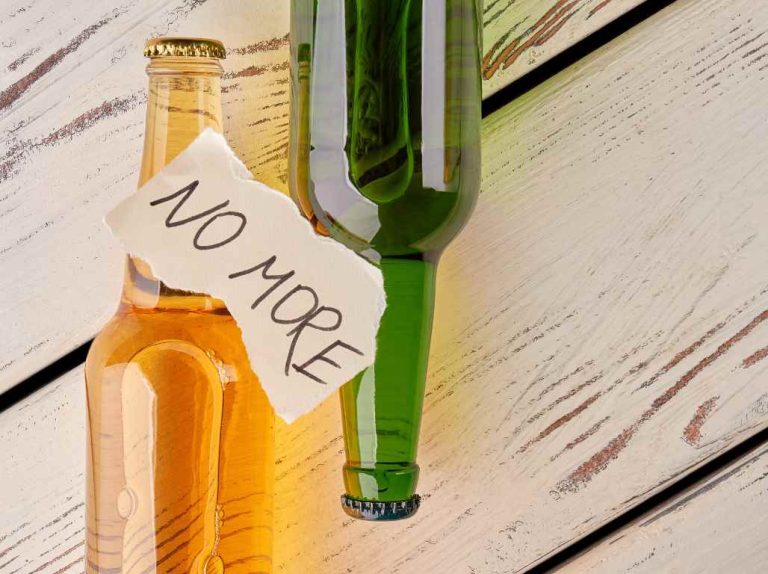Dealing with alcohol cravings can be a challenging part of the recovery journey for anyone. These cravings are intense urges to consume alcohol and can be triggered by various factors, including emotional stress, environmental cues, or physical withdrawal symptoms. Understanding how to effectively manage these cravings is a critical step in maintaining sobriety and achieving long-term recovery.
Understanding Alcohol Cravings
Alcohol Dependence and the Brain
Alcohol cravings often stem from the brain’s learned response to alcohol. Regular consumption can alter the brain’s chemistry, affecting areas involved in reward, pleasure, and emotional regulation. This change can lead to a strong desire or compulsion to drink, especially when faced with certain triggers.
Identifying Triggers For Alcohol Cravings
Identifying personal triggers is a crucial step in managing cravings. Triggers can be emotional (like stress or anxiety), physical (such as seeing a bar or alcohol bottle), or social (like being around others who are drinking). Recognizing these triggers can help individuals anticipate and prepare for cravings.
Strategies to Manage Cravings
Cognitive Behavioral Techniques
Cognitive-behavioral techniques can be particularly effective in managing alcohol cravings. These techniques involve identifying and challenging unhelpful thought patterns and developing healthier coping strategies. Mindfulness and relaxation exercises can also help in reducing the intensity of cravings.
Building a Support System
A strong support system is invaluable in the journey to sobriety. Support groups, such as Alcoholics Anonymous, provide a community of individuals who understand the challenges of recovery and can offer advice and encouragement.
Physical Health and Nutrition
Physical health plays a significant role in managing cravings. Regular exercise, adequate sleep, and a balanced diet can improve overall well-being and reduce the intensity of cravings. Certain nutritional strategies can also be beneficial. For expert guidance on nutritional approaches, consider exploring resources like the National Institute on Alcohol Abuse and Alcoholism.
Long-Term Recovery and Professional Help
Finding the Right Treatment
While self-help strategies are valuable, professional help can be crucial for many individuals. Treatment options vary from counseling and therapy to medication-assisted treatments. For those looking for comprehensive care, considering a drug rehab program can be a significant step. Such programs offer structured treatment environments that address both the physical and psychological aspects of addiction.
Remember, Recovery is a Journey
Recovery is a personal journey, and what works for one person may not work for another. It’s important to remain patient and open to trying different strategies to find what works best for you.
Seek Professional Help for Alcohol Cravings
Managing alcohol cravings is a vital part of the recovery process. While it can be challenging, understanding the nature of these cravings and employing effective strategies can significantly aid in maintaining sobriety. Remember, you’re not alone in this journey, and seeking professional help when needed is a sign of strength, not weakness. With the right support and resources, overcoming alcohol cravings and achieving long-term recovery is possible. Promont Wellness is an addiction treatment center in Philadelphia that can help with alcohol cravings and introduce you to a life in recovery. Contact them today.
More Articles To Read About Alcohol Recovery
Surprising Health Benefits Of Dry January
How Isolation Fuels Opioid Addiction
How to Stop Alcohol Cravings
10 Tips For A Family Dealing With Addiction
Can You Convince Someone To Get Drug Addiction Help
How to Help An Alcoholic Spouse





















